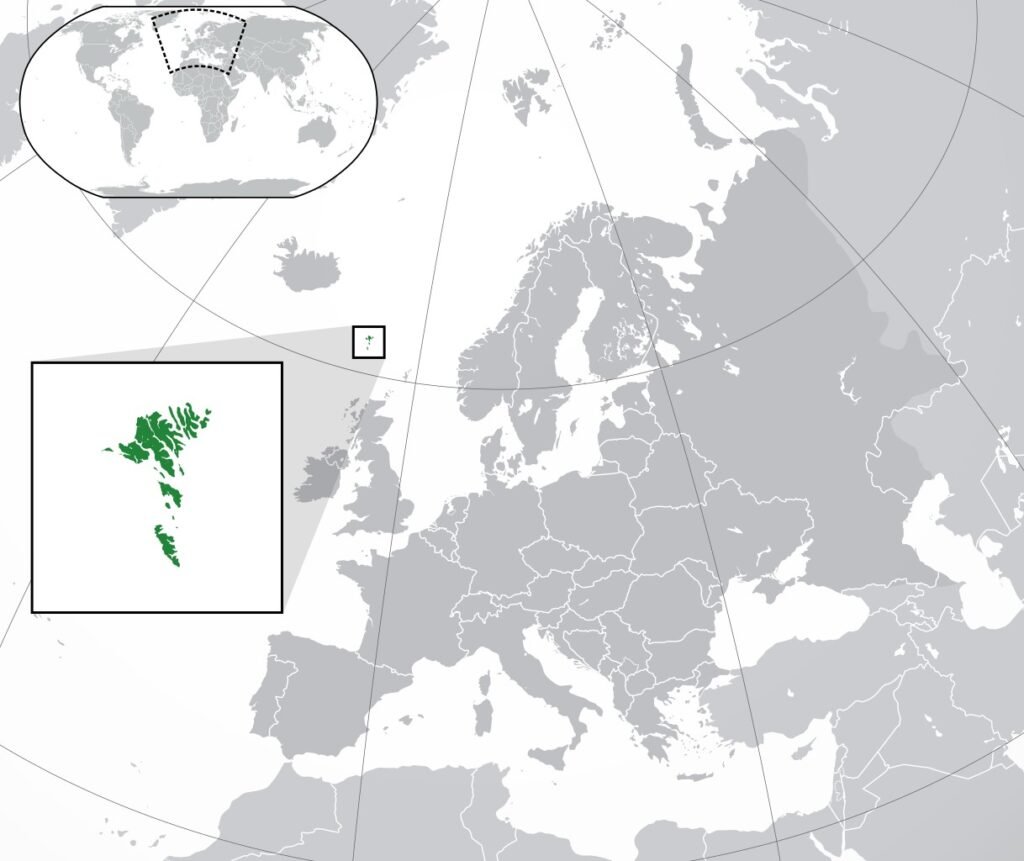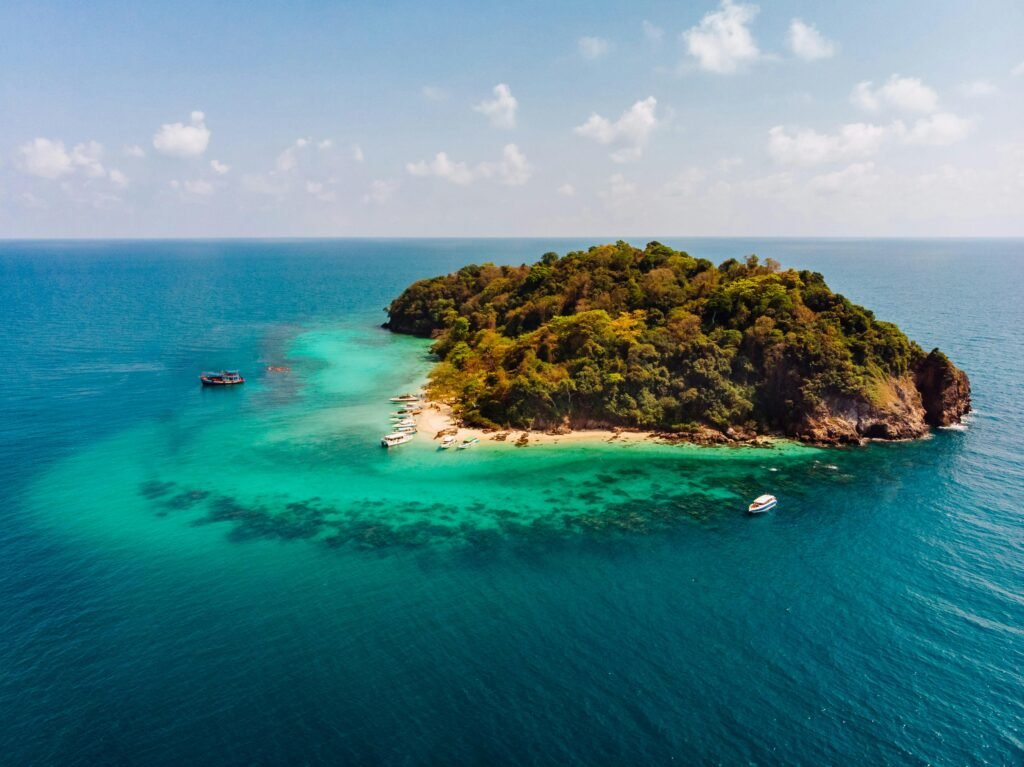Island communities worldwide hold a special allure – the promise of vibrant cultures, natural beauty, and a slower pace of life. To enrich your island adventure, understanding and respecting local ways is critical. Cultural etiquette: interacting with island communities is an essential part of being a responsible traveler and opens up opportunities for deeper connections and unforgettable experiences. Whether you’re heading to a bustling Caribbean island or a remote Pacific atoll, this guide will help you navigate the nuances of island life with respect and enthusiasm.

Understanding Cultural Etiquette When Visiting Islands
Although often associated with relaxed beach vacations, islands are home to distinct and diverse cultures with their own values, customs, and beliefs. Approaching your journey with an open mind and respect for these traditions will enrich your experience. While each island has its unique tapestry of cultural norms, there are some fundamental principles to remember when interacting with island communities.
Essential Principles of Island Cultural Etiquette
Respect for Traditions and Customs:
Island cultures are often steeped in the tradition passed down through generations. Before your trip, research local customs and familiarize yourself with basic etiquette. Always ask permission before taking photos of people or sacred sites, and be mindful of any specific dress codes when visiting religious places or villages. Respect local beliefs and try to understand their importance to the community.
Modesty in Attire:
While swimwear is perfectly acceptable on beaches and resorts, it’s essential to dress modestly when exploring villages and towns or attending cultural events. Cover your shoulders and knees, and opt for loose-fitting, lightweight clothes in natural fabrics. Being mindful of your attire demonstrates respect for local sensibilities.
Gifts and Gratitude:
Gift-giving is customary in many island cultures. Small tokens like local sweets from your home region, crafts, or valuable items are often appreciated. Expressing sincere gratitude, whether through a simple “thank you” in the local language or a heartfelt gesture, goes a long way in building positive connections.
Island Time:
Embrace the relaxed pace of “island time.” Schedules may be fluid, and things might only sometimes run according to clockwork precision. Be patient and flexible, and let the slower rhythm of island life wash over you.

Communication and Interactions
Language and Greetings:
Learning a few basic phrases in the local language goes a long way. Simple greetings like “hello,” “goodbye,” “please,” and “thank you” show respect and effort. Be bold and ask locals for help with pronunciation or pick up a phrasebook.
Body Language:
Be mindful of your nonverbal communication. In some island cultures, direct eye contact may seem overly assertive, while a smile and a nod can convey warmth and respect. Observe how locals interact with each other and adjust your own body language accordingly.
Mindful Spending:
Support the local economy directly by purchasing souvenirs from artisans, eating at family-run establishments, and choosing local tour operators. Your choices make a difference in the lives of island residents.
Leave No Trace:
Island environments are often fragile. Be a responsible traveler by minimizing your impact. Dispose of trash properly, conserve water, stay on designated trails, and respect local wildlife. Remember, you are a guest in their home.
Specific Island Etiquette: Examples
The “Bula Spirit” of Fiji:
Welcoming and friendly, Fijians are known for their “bula spirit,” which translates to a joyful greeting and a wish for good health. You’ll hear “bula!” everywhere, so enthusiastically return the greeting. Dress modestly in villages, and remove your shoes and hat before entering someone’s home.
Church and Sunday in the South Pacific:
Sunday is often a day of rest and religious observance in many Pacific Island nations. Dress respectfully (cover legs and shoulders) and refrain from loud activities or unnecessary travel on this day.
Kava Ceremonies:
Kava, a traditional mildly narcotic drink made from the ground root, plays a central role in many South Pacific cultures. If invited to a kava ceremony, participate respectfully. Dress modestly, accept the cup with both hands and clap once after drinking.
Beyond the Basics: Deeper Cultural Understanding
Proper cultural understanding goes beyond following a list of do’s and don’ts. Here’s how to cultivate a genuine appreciation:
Seeking Local Insights:
Converse with locals, whether it’s your taxi driver, a market vendor, or a Local guide on a cultural tour. Ask them questions about their lives and customs. Listen attentively and share a little about yourself as well.
Community and the Importance of Family:
In many island societies, community and family ties are paramount. You’ll observe extended families living in proximity and strong social bonds. Be mindful of this dynamic and how it shapes daily life.
Learning from Observation:
Please pay attention to how locals interact, their daily routines, and how they celebrate. Quiet observation offers more profound insights than a guidebook ever could.
Making a Positive Impact as a Visitor
The choices you make as a traveler can have a lasting impact on island communities. Here’s how to ensure your presence is a positive one:
Supporting Local Initiatives:
Research community projects, conservation efforts, or social enterprises you can support during your trip. This could be volunteering your time, visiting a community-run cultural center, or donating.
Immerse, Don’t Impose:
Travel with humility. Adapt to the local rhythm and pace rather than expecting your destination to accommodate your needs. Be open to learning new things and experiencing life from a different perspective.
Cultural Exchange:
As you’re eager to learn about island culture, many locals will be curious about your background. Share stories from your home, teach a simple phrase in your language, or offer to show photos of your family. Cultural exchange is a two-way street!
Conclusion
Traveling to a hidden island is a privilege. You’ll transform your trip into a truly enriching journey by embracing cultural etiquette, respecting interactions, and actively seeking more profound understanding. The connections we forge and the appreciation we gain for a different way of life make travel so transformative.
FAQs
Q: How can I learn more about the culture of the island I’m visiting?
A: Before your trip, research the history, traditions, and social norms of your destination. Reliable resources include tourism websites, travel blogs, travel-focused documentaries, and books by local authors.
Q: Is it okay to bargain or haggle at local markets?
A: Haggling may be customary in some island cultures, but always do so respectfully. Start with a friendly demeanor and aim for a fair price that benefits you and the seller. Avoid being overly aggressive or dismissive.
Q: What if I make a cultural faux pas?
A: Mistakes happen! If you unintentionally offend someone, offer a sincere apology. Most people will understand if you are willing to learn and respect their culture.
Q: Are there any resources to help me learn basic phrases in the local language?
A: Yes! Look for language-learning apps, online phrasebooks, or dictionaries, or check if your local library has resources for the specific language of your destination.
Q: How can I find responsible and ethical tour operators that prioritize cultural sensitivity?
A: Look for tour companies that employ local guides, have a clear sustainability policy, and contribute to the well-being of the communities they visit. Read reviews and ask questions about their practices before booking.


